
The publication which deals with the ‘𝑷𝒓𝒐𝒕𝒆𝒄𝒕𝒊𝒐𝒏 𝒐𝒇 𝒕𝒉𝒆 𝑬𝒏𝒅𝒆𝒎𝒊𝒄 𝑴𝒂𝒍𝒕𝒆𝒔𝒆 𝑯𝒐𝒏𝒆𝒚 𝑩𝒆𝒆’ is now available for free!
This legal paper researches various ways in which the Maltese Bee can be protected holistically by applying current Maltese, European and International laws. This follows what is already being done in several European countries and regions, which provide protection for their respective regional Honey bees.
𝗧𝗵𝗲𝘀𝗲 𝗮𝗿𝗲 𝘁𝗵𝗲 𝗶𝗻𝗱𝗶𝘀𝗽𝘂𝘁𝗮𝗯𝗹𝗲 𝗳𝗮𝗰𝘁𝘀:
⦿ Honey bees mate in the open with minimal distinction between different ecotypes and breeds.
⦿ Genetic mixing (𝘩𝘺𝘣𝘳𝘪𝘥𝘪𝘴𝘢𝘵𝘪𝘰𝘯) is also a type of environmental pollution.
⦿ The unique characteristics of the Maltese Honey bee are being polluted by foreign Honey bees that are being imported, apart from great risks of importing new diseases and pests.
⦿ This is leading to the decline of the Maltese bee which is losing its ‘Maltese’ characteristics due to this 𝘩𝘺𝘣𝘳𝘪𝘥𝘪𝘴𝘢𝘵𝘪𝘰𝘯, including the adaptation it had to live in local habitats and climate.
⦿ These processes lead to a less sustainable local beekeeping sector.
The 𝗽𝗿𝗲𝗰𝗮𝘂𝘁𝗶𝗼𝗻𝗮𝗿𝘆 𝗽𝗿𝗶𝗻𝗰𝗶𝗽𝗹𝗲 is a subject tackled in this publication. This principle explains that the authorities must adapt precautionary regulations so as not to harm the environment. This also means that whoever introduces alien elements into a habitat, they must also prove that these elements do not harm the environment and not the other way around! In the local context, we know that the Maltese bee is 𝘩𝘺𝘣𝘳𝘪𝘥𝘪𝘴𝘪𝘯𝘨 with foreign bees, and is being lost. Unfortunately, the precautionary principle is not being embraced.
This report draws up several recommendations on how the Maltese Bee can be protected. The most plausible proposal is to declare the Maltese Bee as the 𝗡𝗮𝘁𝗶𝗼𝗻𝗮𝗹 ![]() 𝗜𝗻𝘀𝗲𝗰𝘁 ! [According to the regulations on the Protection of Protected Species (L.S. 549.120), the Environment and Resources Authority is the administrator and the competent authority of these regulations.]
𝗜𝗻𝘀𝗲𝗰𝘁 ! [According to the regulations on the Protection of Protected Species (L.S. 549.120), the Environment and Resources Authority is the administrator and the competent authority of these regulations.]
The ‘𝑭𝒐𝒖𝒏𝒅𝒂𝒕𝒊𝒐𝒏 𝒇𝒐𝒓 𝒕𝒉𝒆 𝑪𝒐𝒏𝒔𝒆𝒓𝒗𝒂𝒕𝒊𝒐𝒏 𝒐𝒇 𝒕𝒉𝒆 𝑴𝒂𝒍𝒕𝒆𝒔𝒆 𝑯𝒐𝒏𝒆𝒚 𝒃𝒆𝒆’ with your support, will continue to work tirelessly so that action is taken on the main conclusions of this report. We look forward to seeing the Maltese Honey bee (𝘈𝘱𝘪𝘴 𝘮𝘦𝘭𝘭𝘪𝘧𝘦𝘳𝘢 𝘳𝘶𝘵𝘵𝘯𝘦𝘳𝘪) given the highest level of protection, as it is appropriate and deserves! Together we can!
![]() : https://www.researchgate.net/…/370072858_Review_of_the…
: https://www.researchgate.net/…/370072858_Review_of_the…
–
𝘛𝘩𝘪𝘴 𝘱𝘶𝘣𝘭𝘪𝘤𝘢𝘵𝘪𝘰𝘯 𝘪𝘴 𝘵𝘩𝘦 𝘧𝘳𝘶𝘪𝘵𝘪𝘰𝘯 𝘰𝘧 𝘢 𝘤𝘰𝘭𝘭𝘢𝘣𝘰𝘳𝘢𝘵𝘪𝘰𝘯 𝘣𝘦𝘵𝘸𝘦𝘦𝘯 𝘵𝘩𝘦 𝘍𝘰𝘶𝘯𝘥𝘢𝘵𝘪𝘰𝘯, 𝘔𝘳 𝘋𝘢𝘷𝘪𝘥 𝘊𝘩𝘦𝘵𝘤𝘶𝘵𝘪 𝘋𝘪𝘮𝘦𝘤𝘩 (𝘭𝘦𝘢𝘥 𝘢𝘶𝘵𝘩𝘰𝘳 𝘢𝘯𝘥 𝘭𝘢𝘸 𝘨𝘳𝘢𝘥𝘶𝘢𝘵𝘦), 𝘢𝘯𝘥 𝘗𝘳𝘰𝘧𝘦𝘴𝘴𝘰𝘳 𝘚𝘪𝘮𝘰𝘯𝘦 𝘉𝘰𝘳𝘨 (𝘢𝘤𝘢𝘥𝘦𝘮𝘪𝘤 𝘴𝘶𝘱𝘦𝘳𝘷𝘪𝘴𝘰𝘳 𝘢𝘯𝘥 𝘱𝘳𝘰𝘧𝘦𝘴𝘴𝘰𝘳 𝘢𝘵 𝘵𝘩𝘦 F𝘢𝘤𝘶𝘭𝘵𝘺 𝘰𝘧 L𝘢𝘸 𝘸𝘪𝘵𝘩𝘪𝘯 𝘵𝘩𝘦 𝘜𝘯𝘪𝘷𝘦𝘳𝘴𝘪𝘵𝘺 𝘰𝘧 𝘔𝘢𝘭𝘵𝘢). 𝘞𝘦 𝘵𝘩𝘢𝘯𝘬 𝘵𝘩𝘦𝘮 𝘸𝘩𝘰𝘭𝘦𝘩𝘦𝘢𝘳𝘵𝘦𝘥𝘭𝘺.





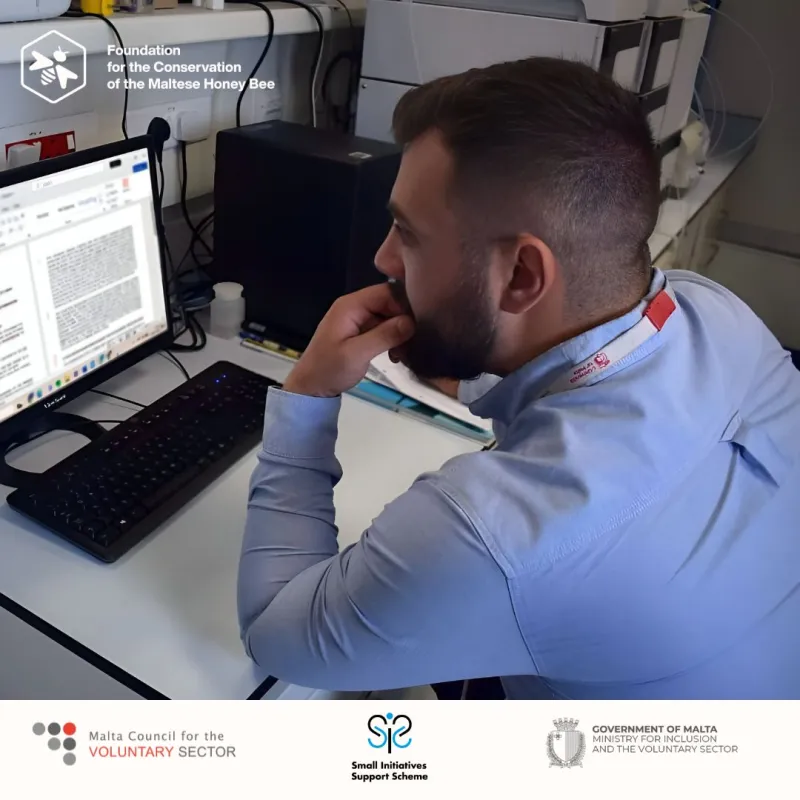
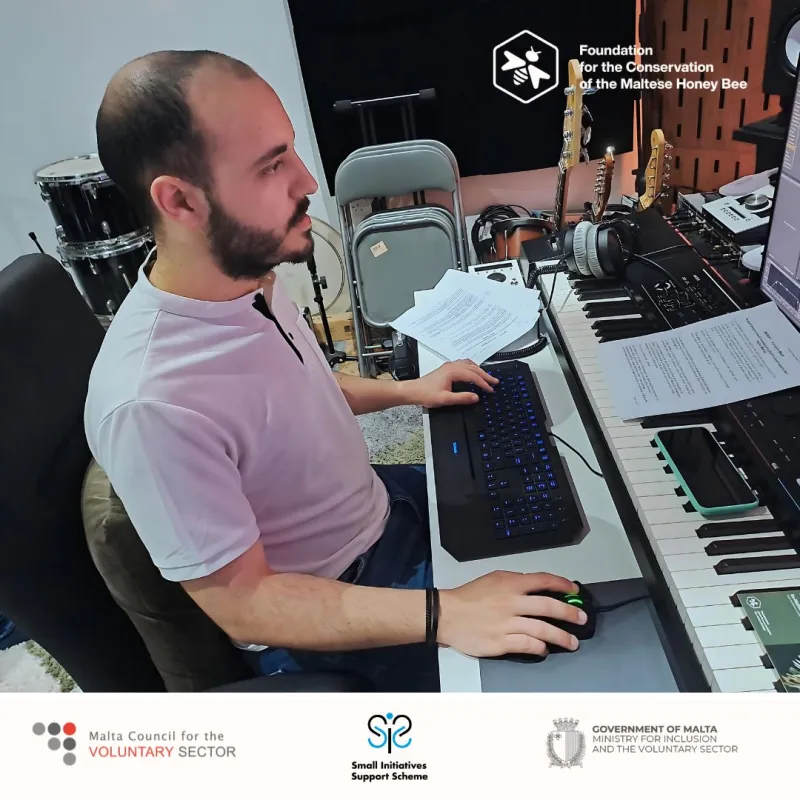
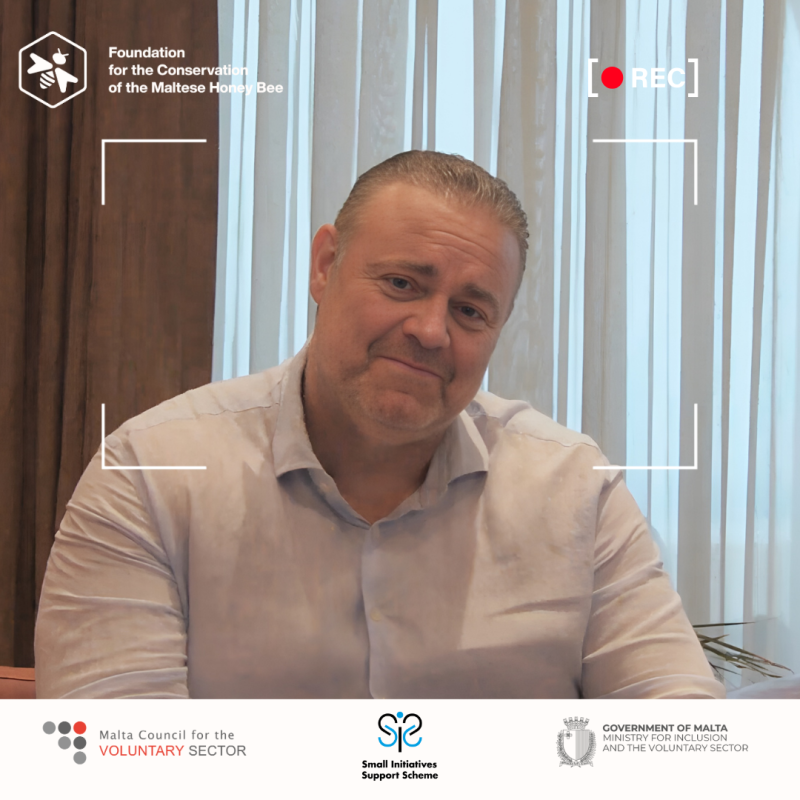
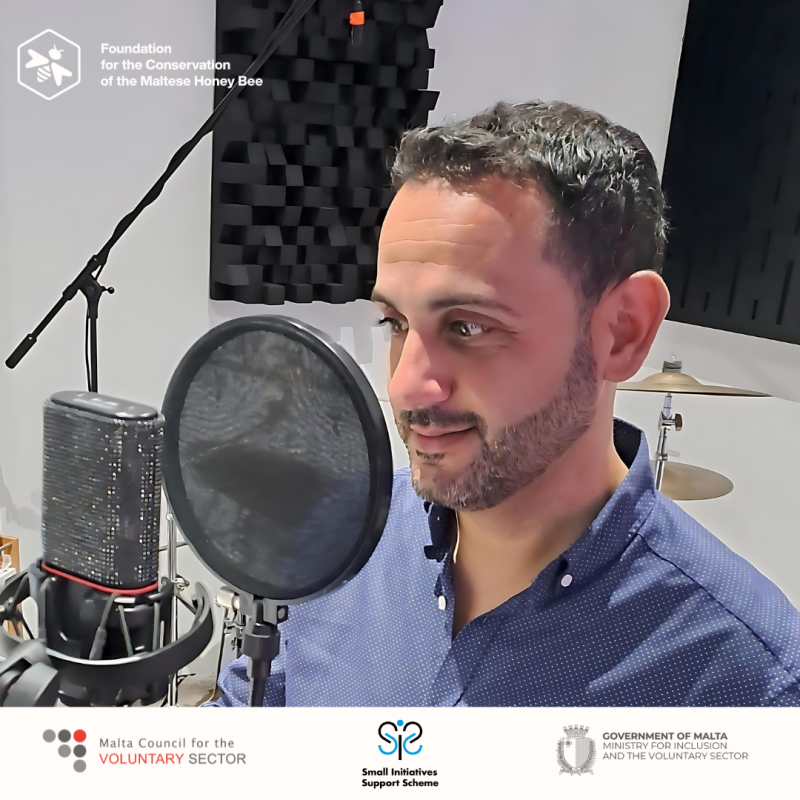
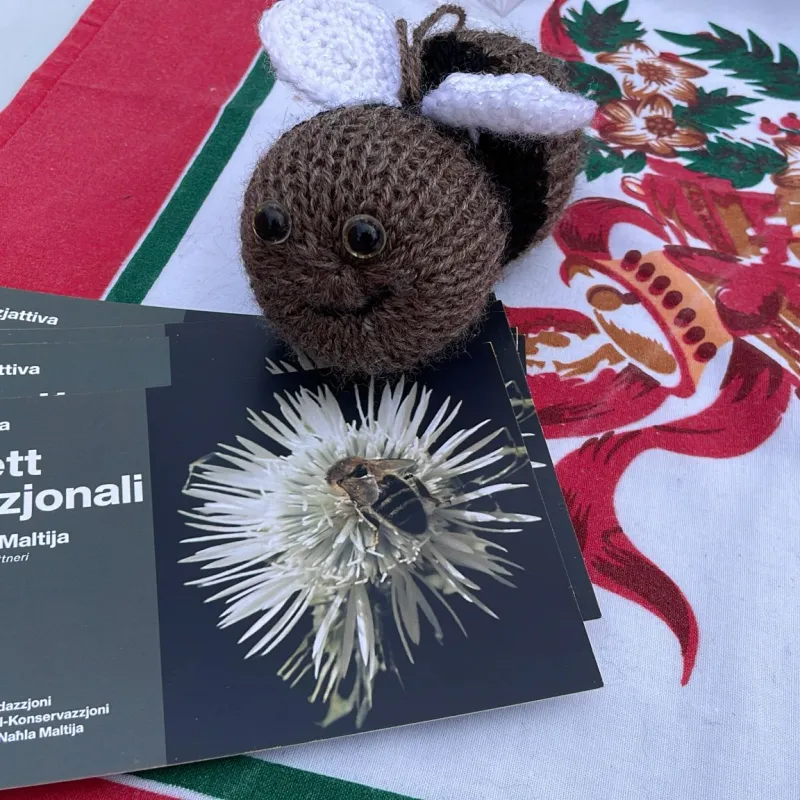
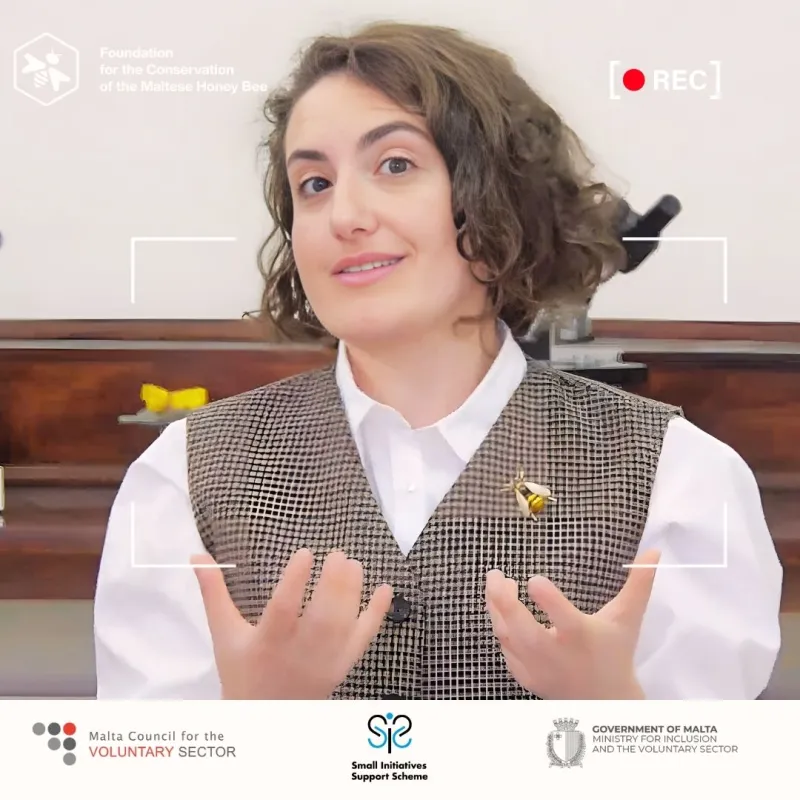
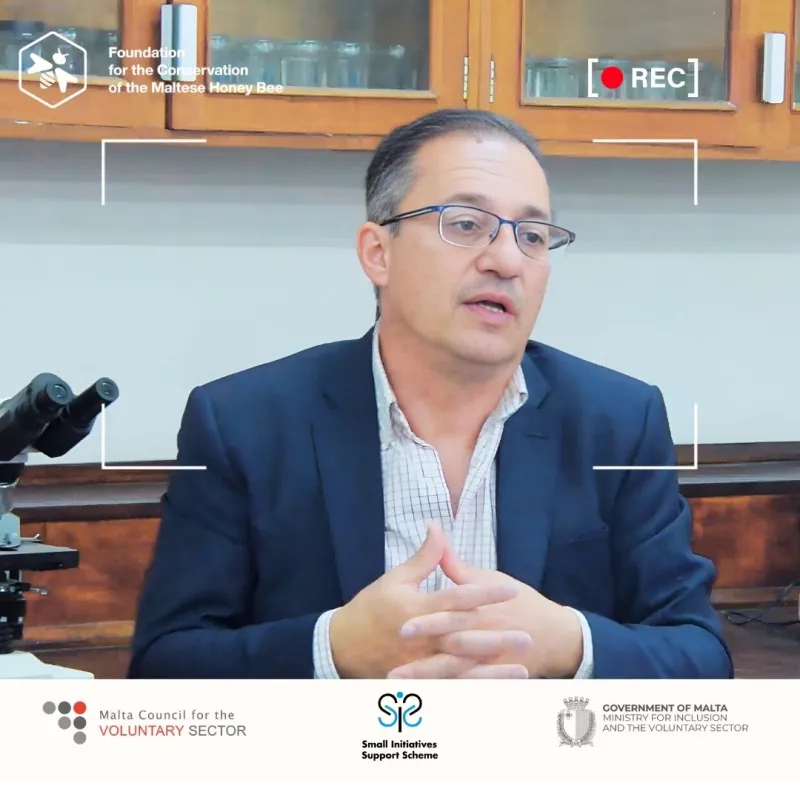
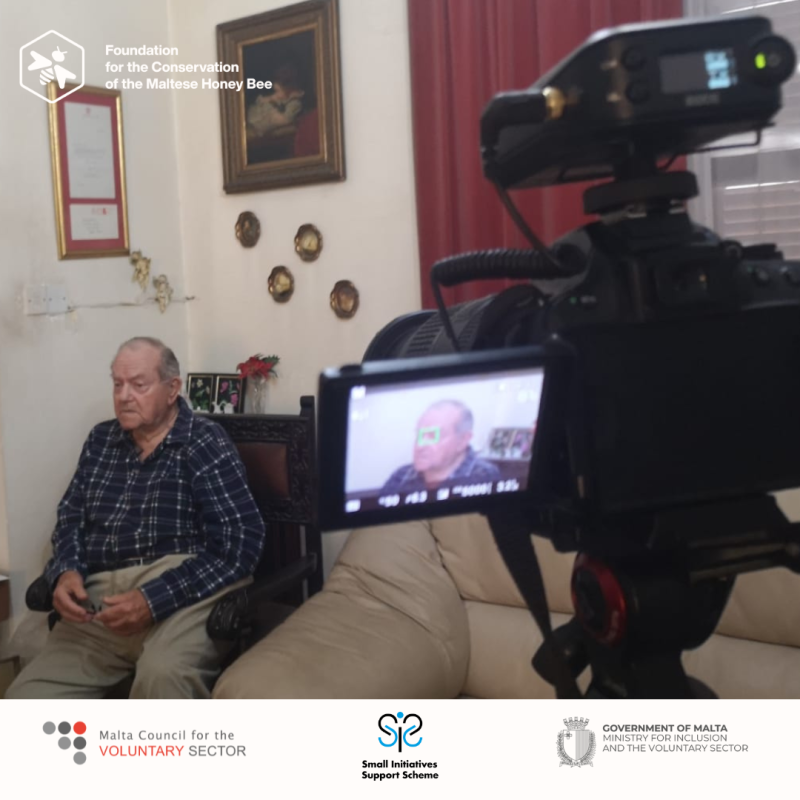
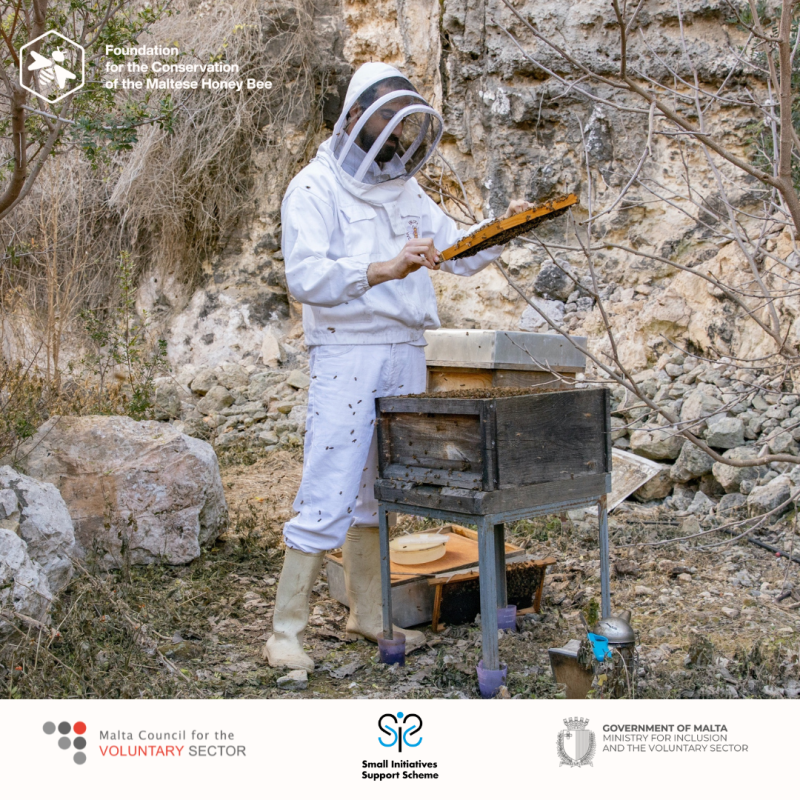
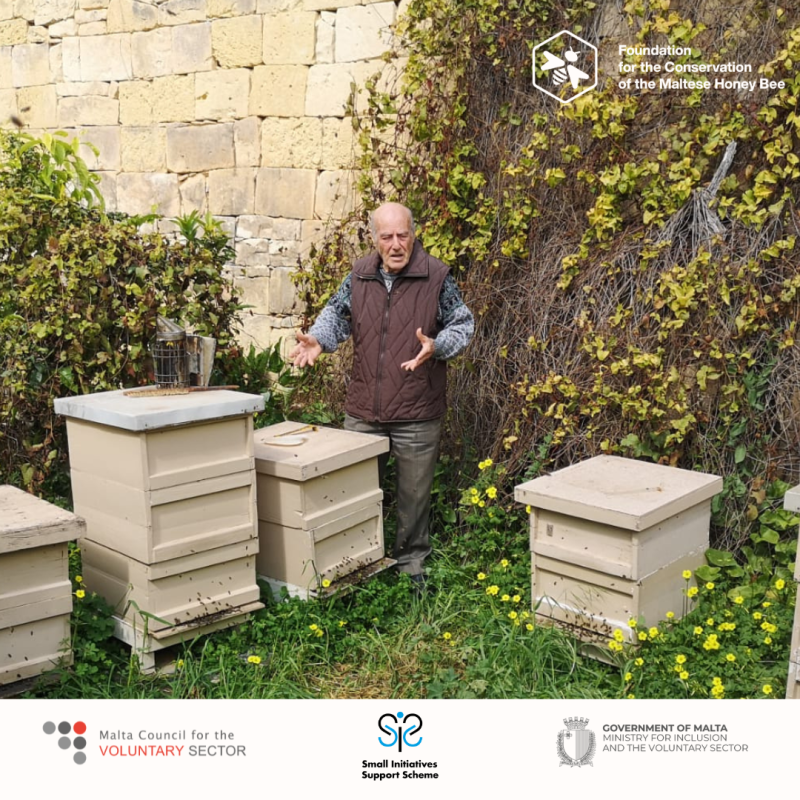
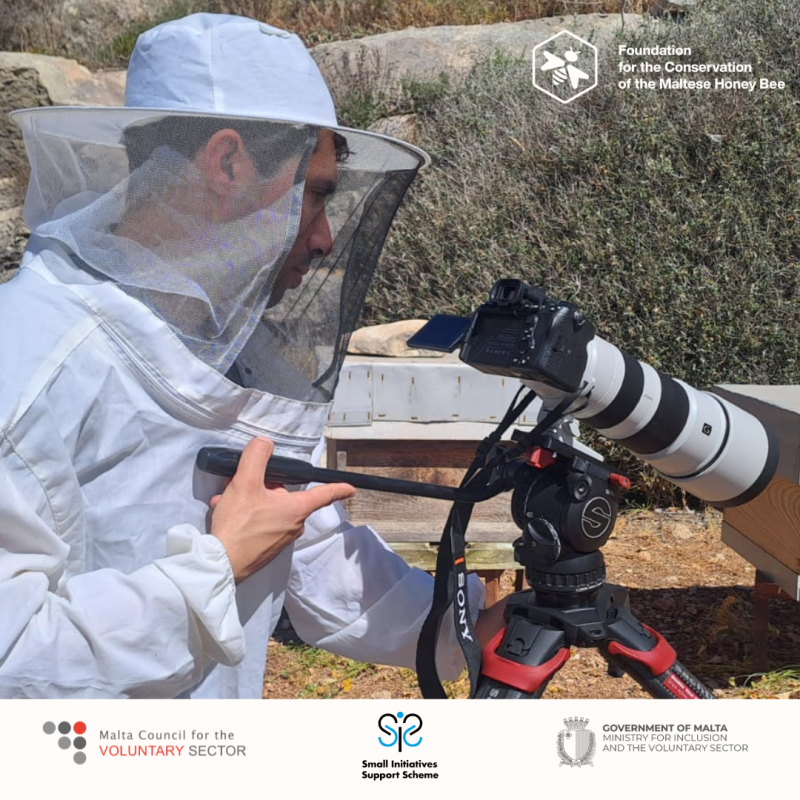
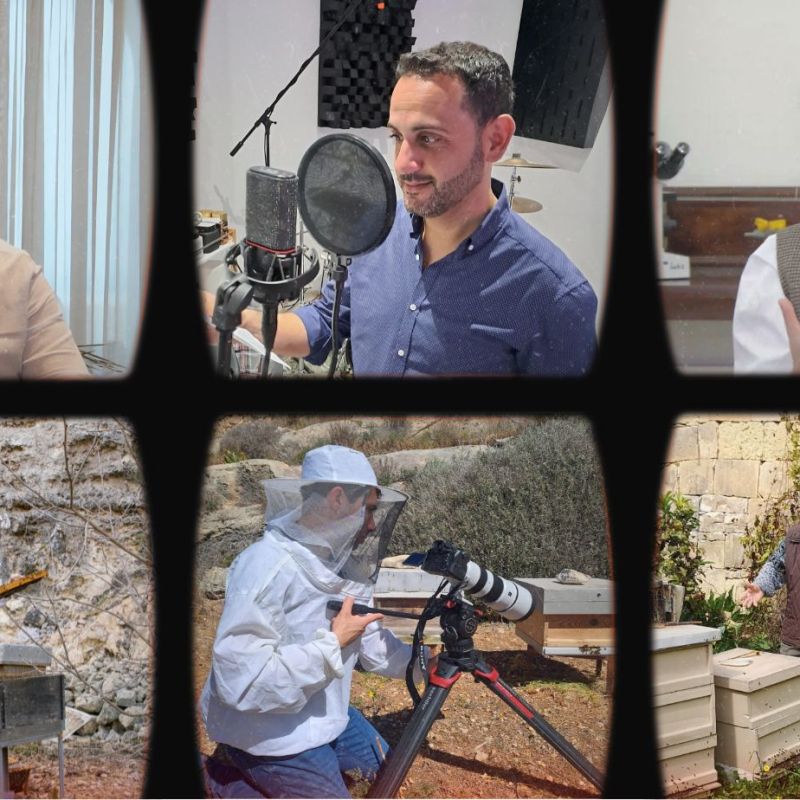
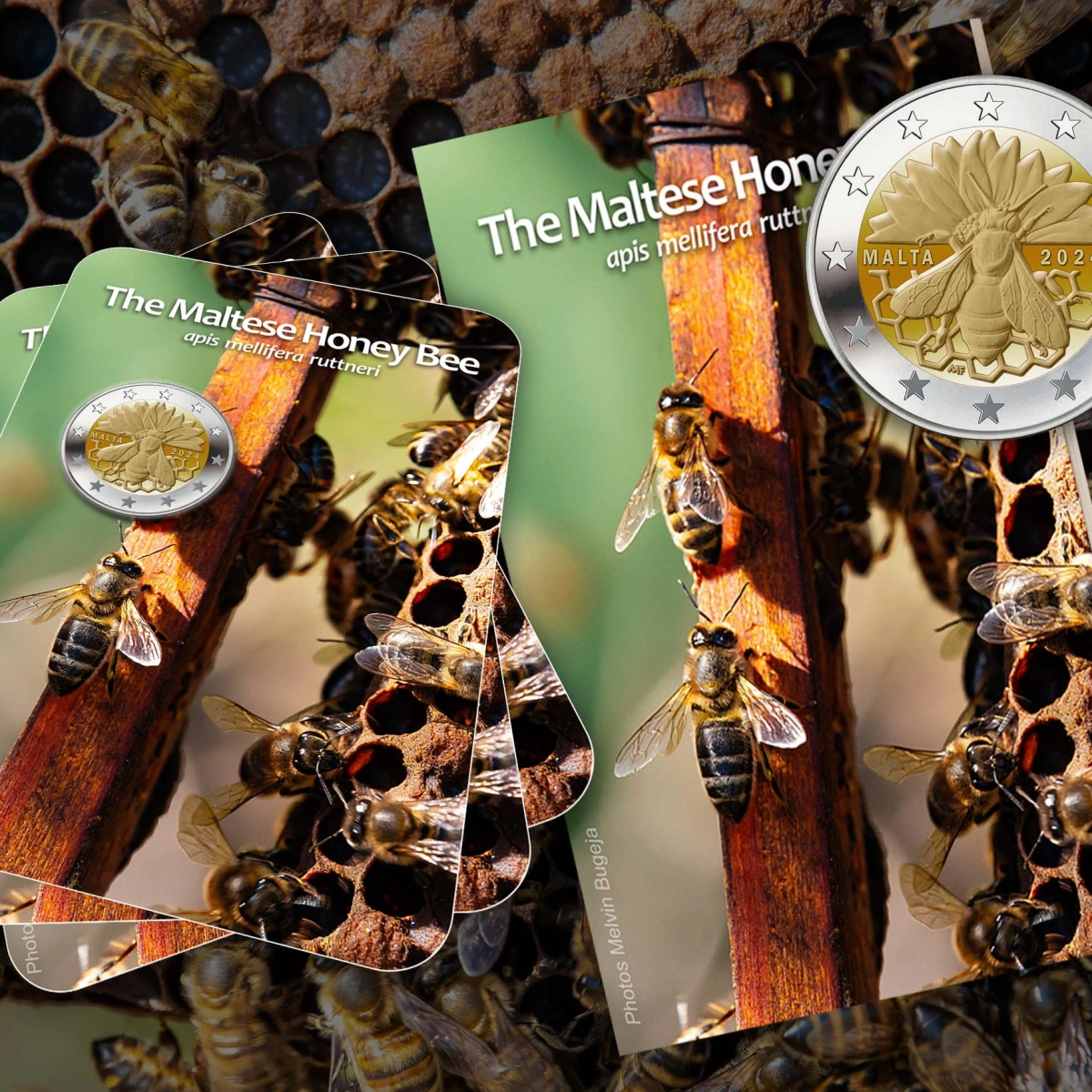
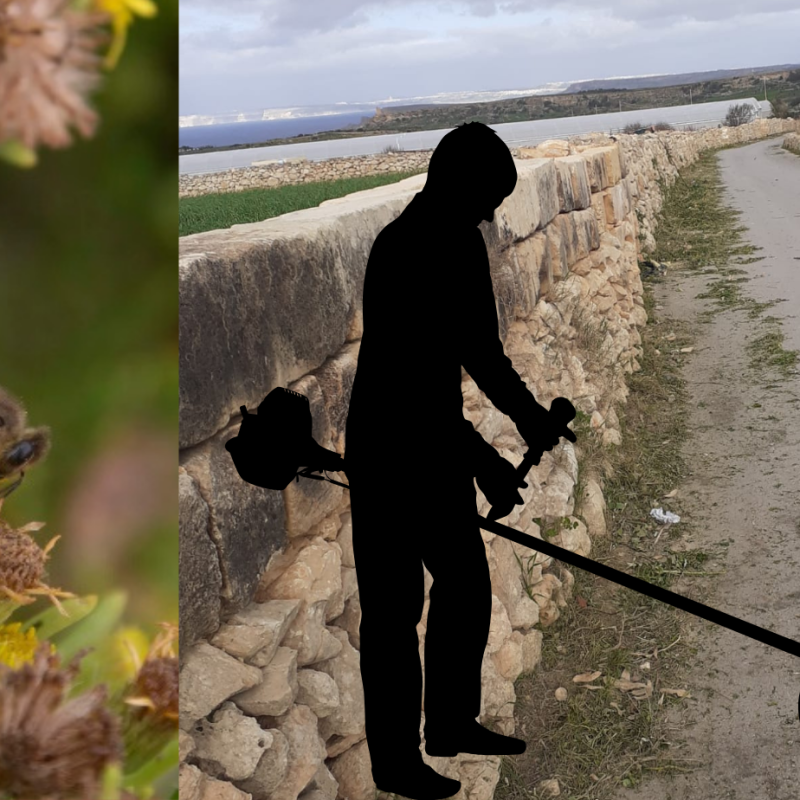
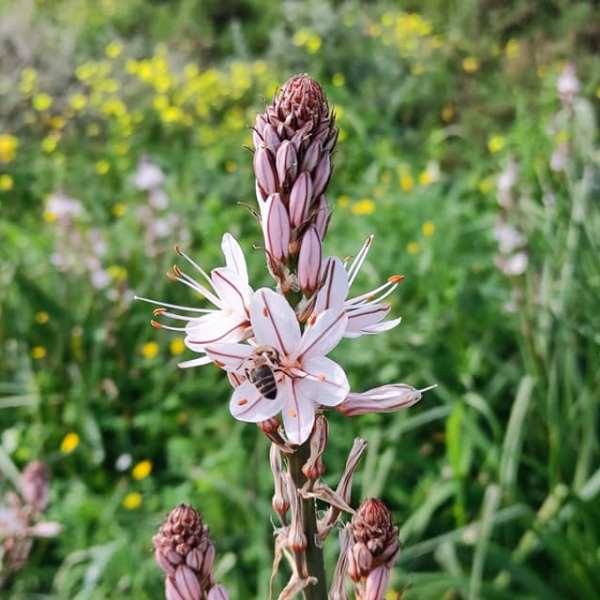

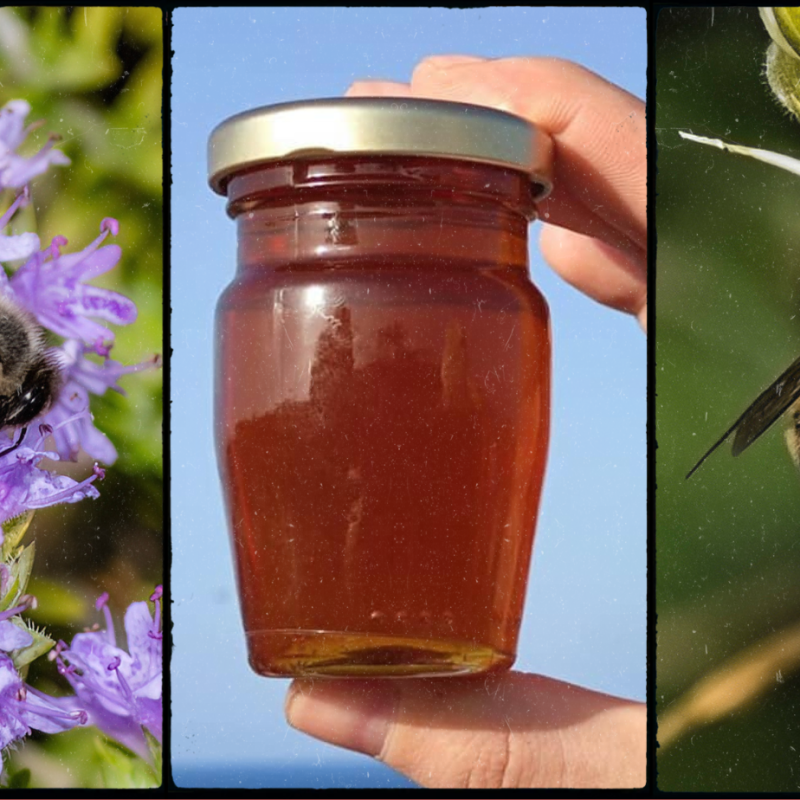
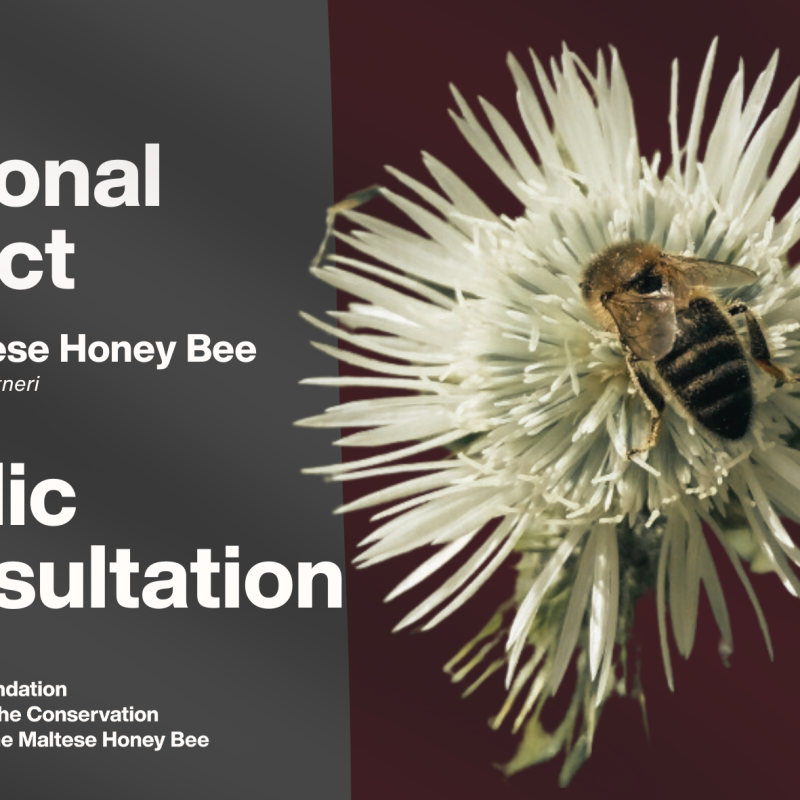
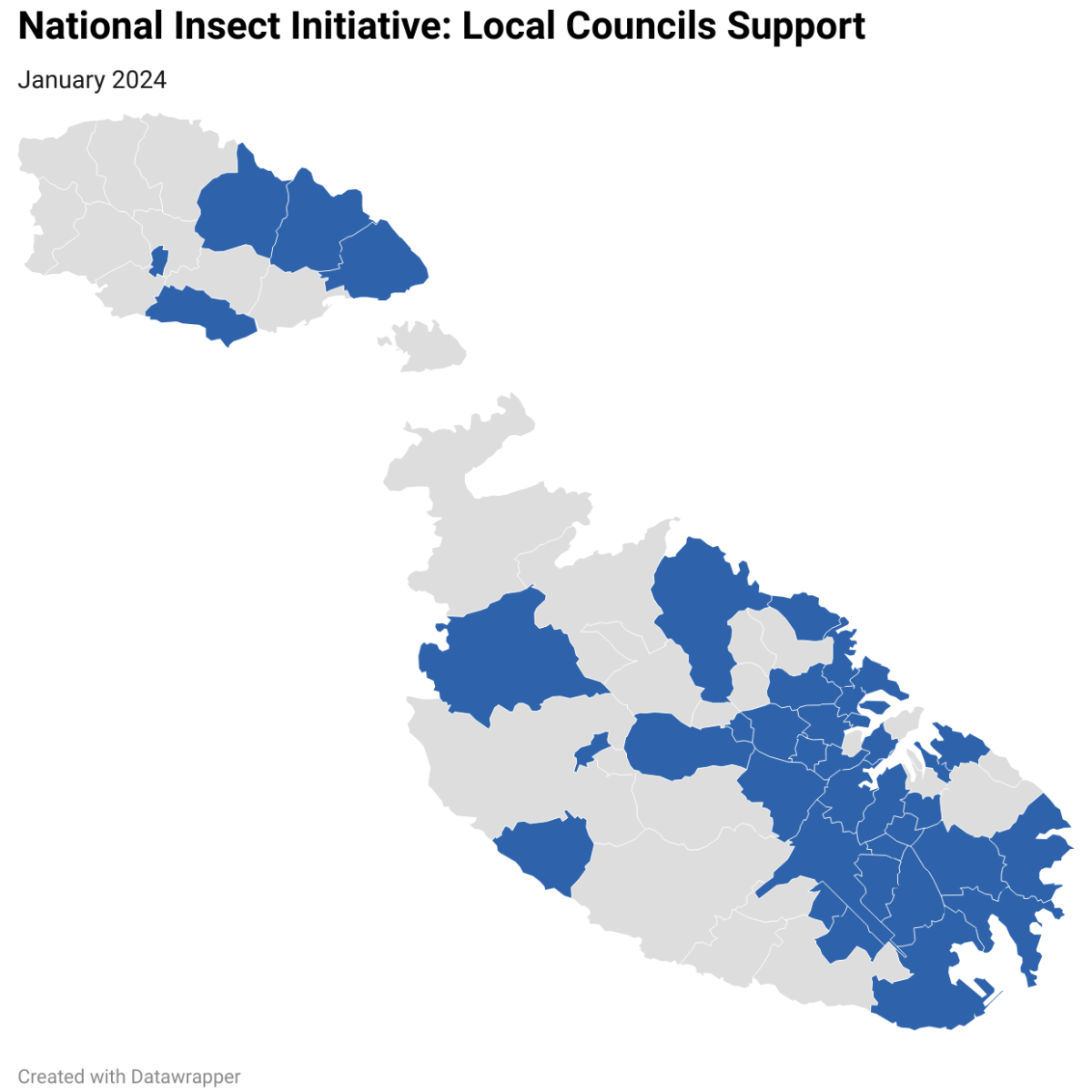
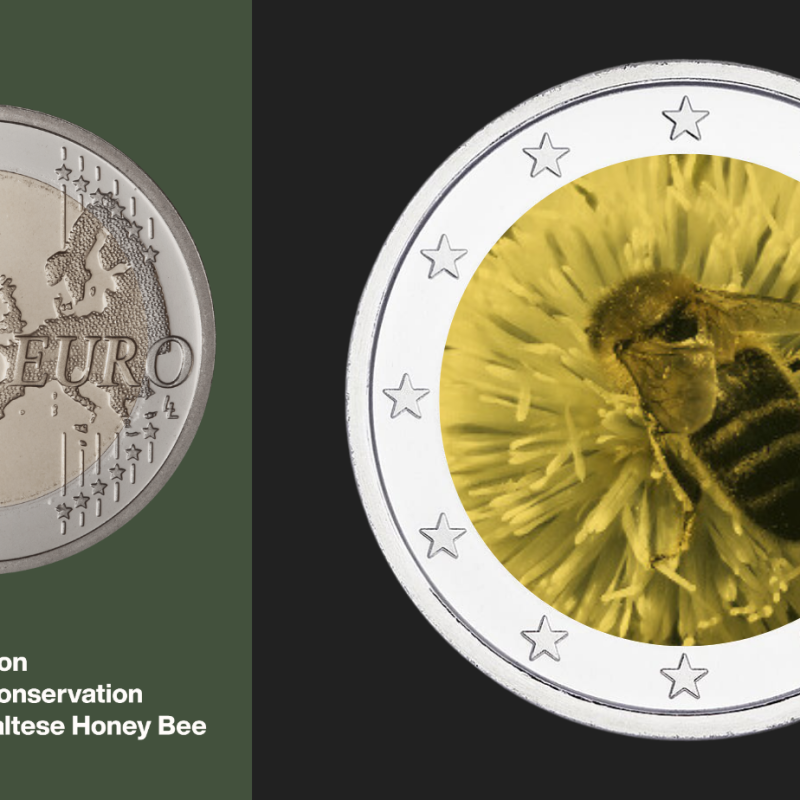
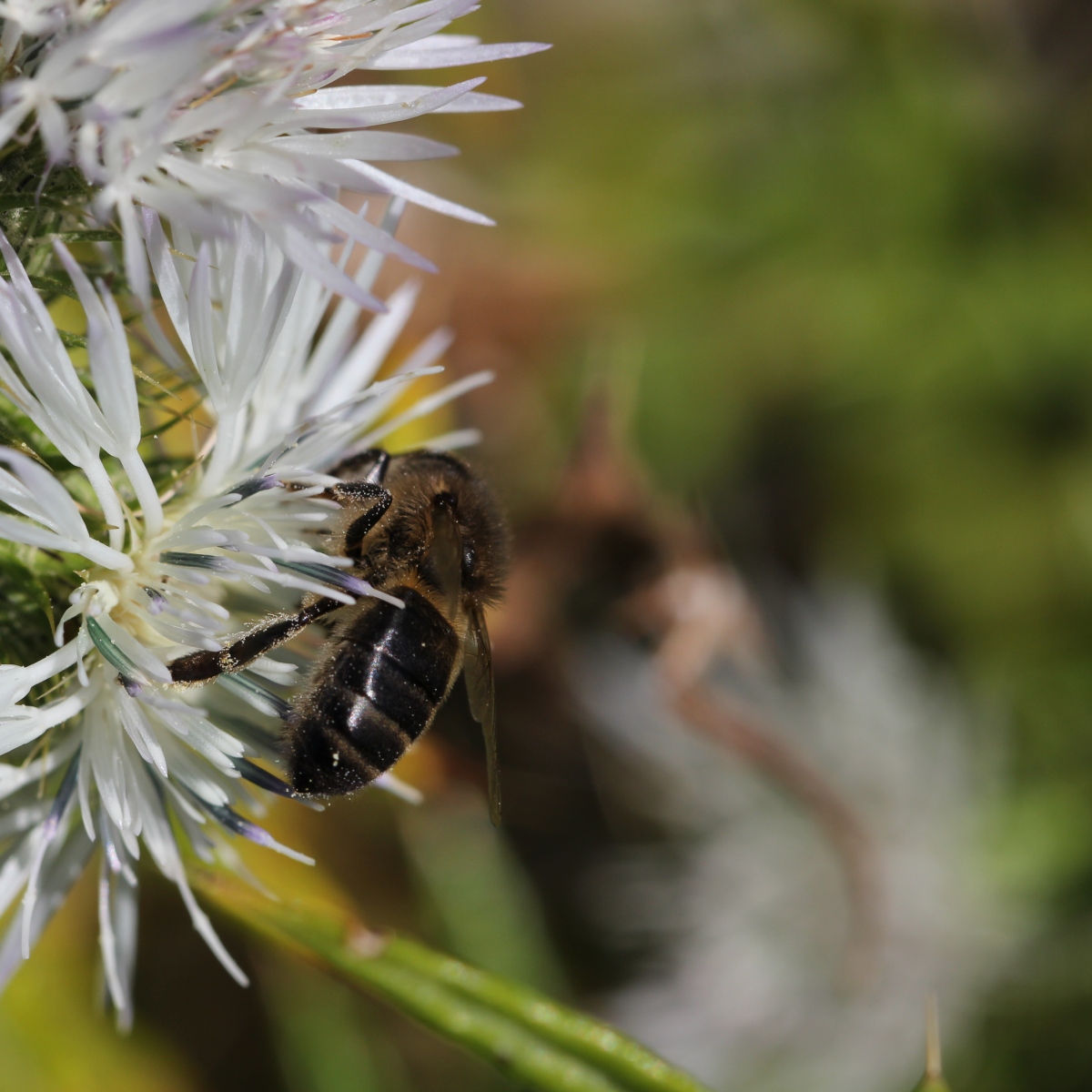
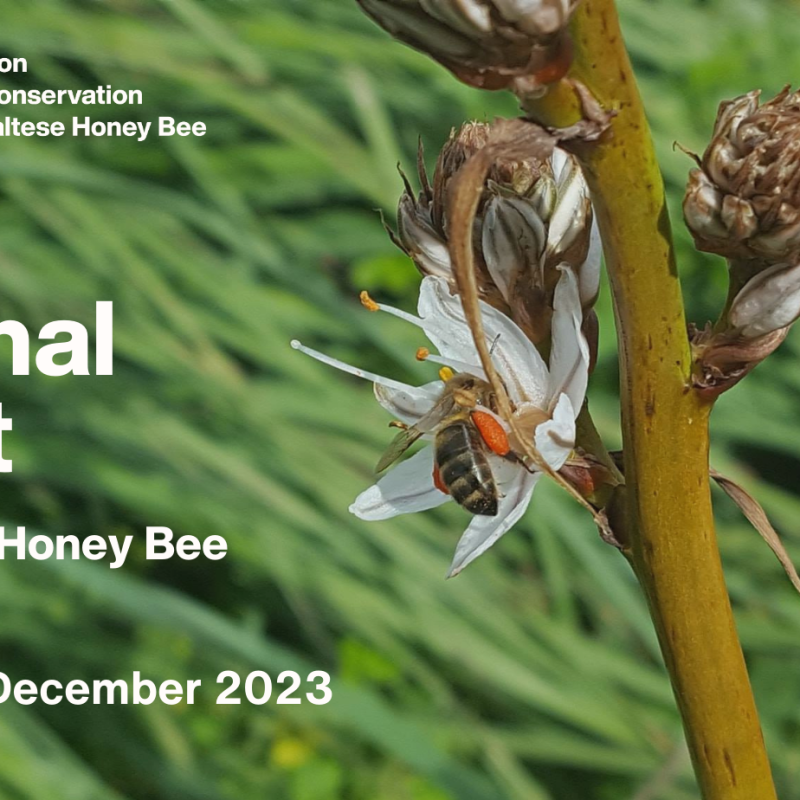
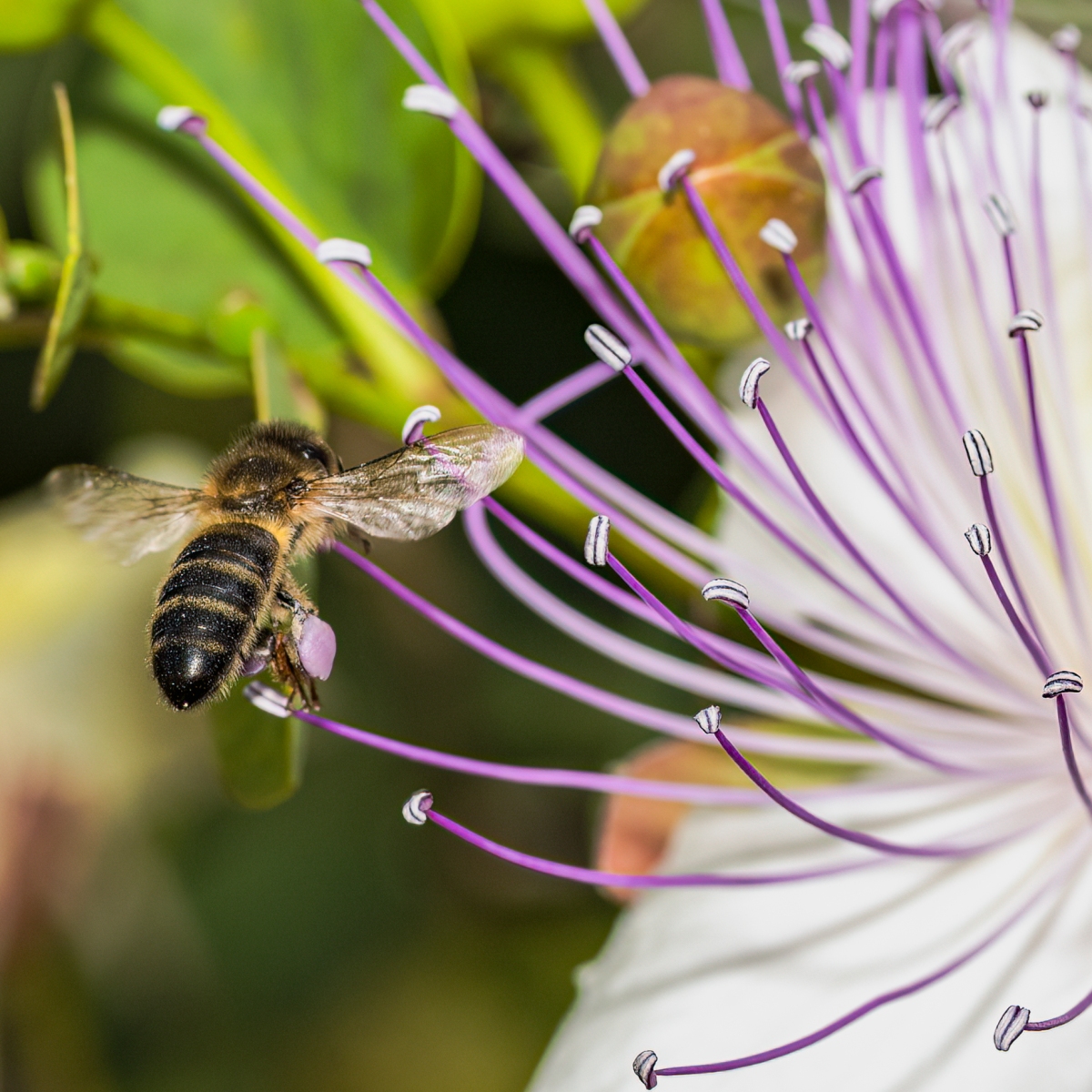
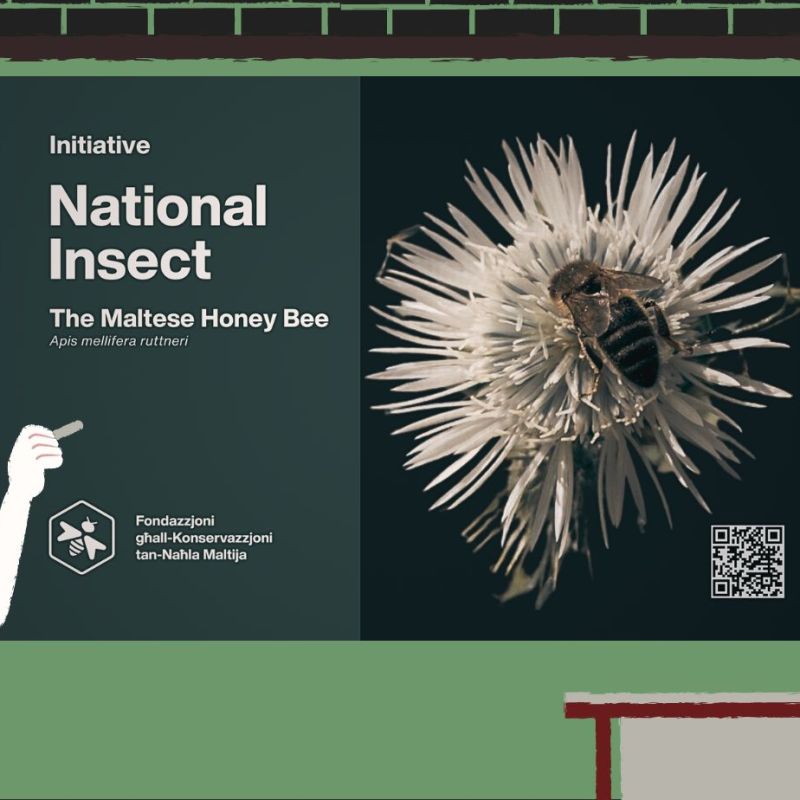
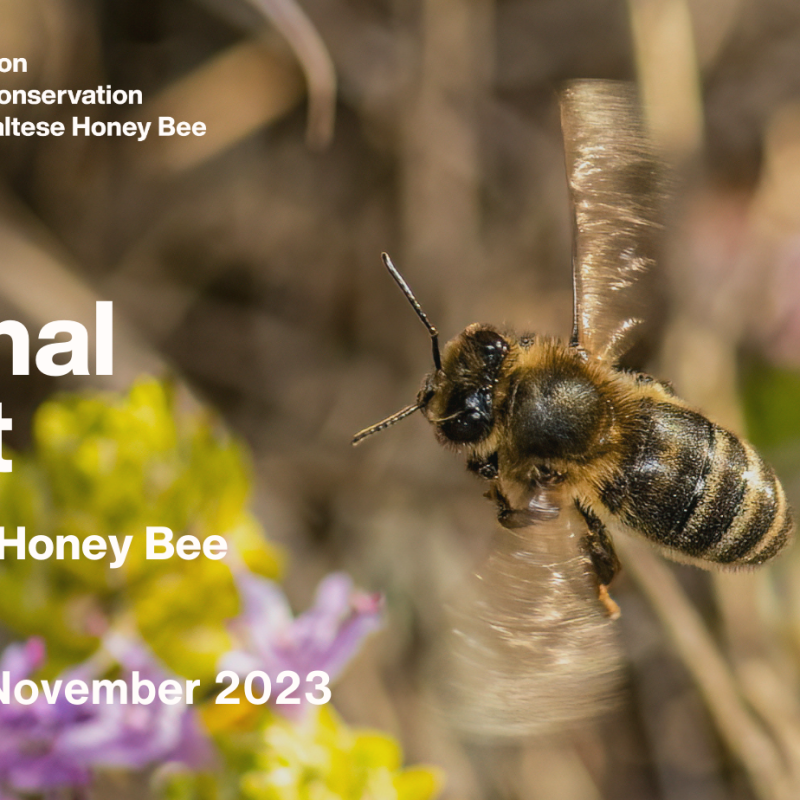
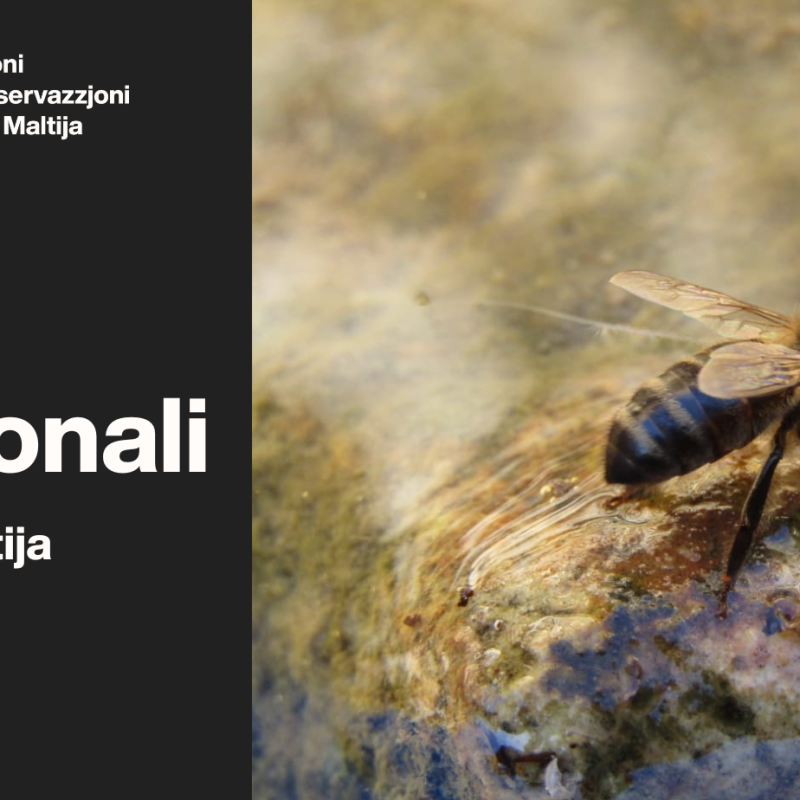

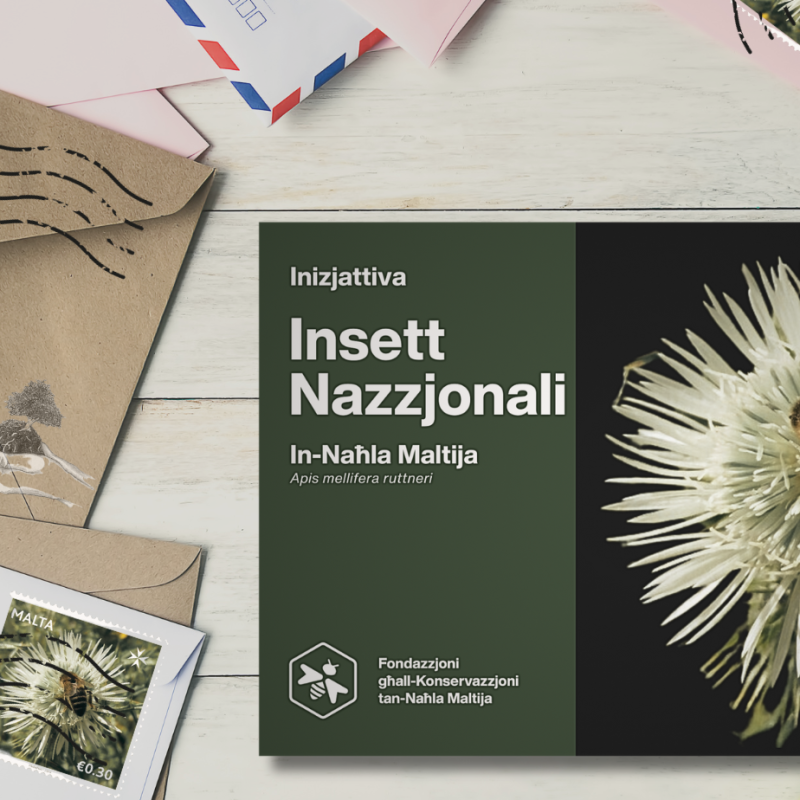
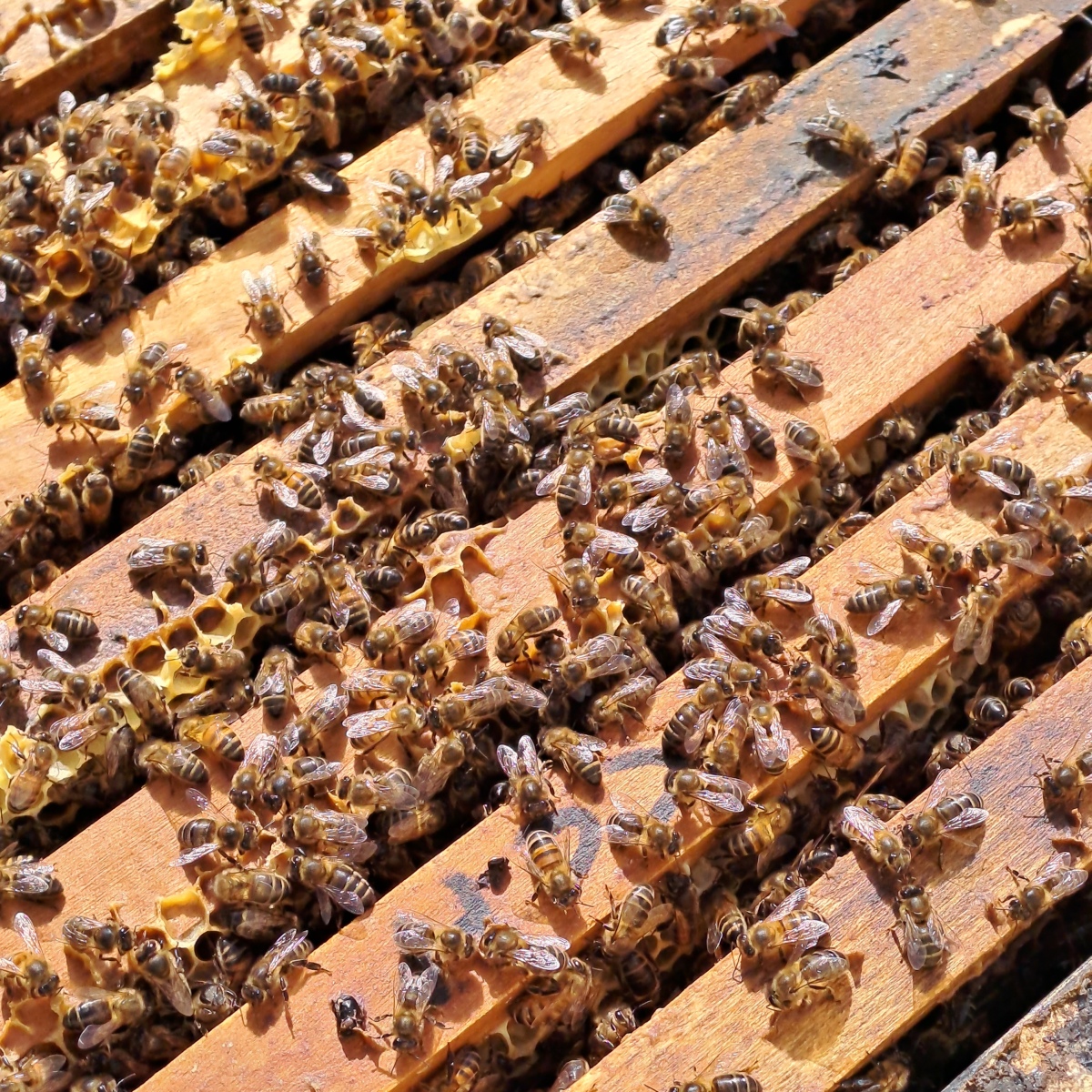
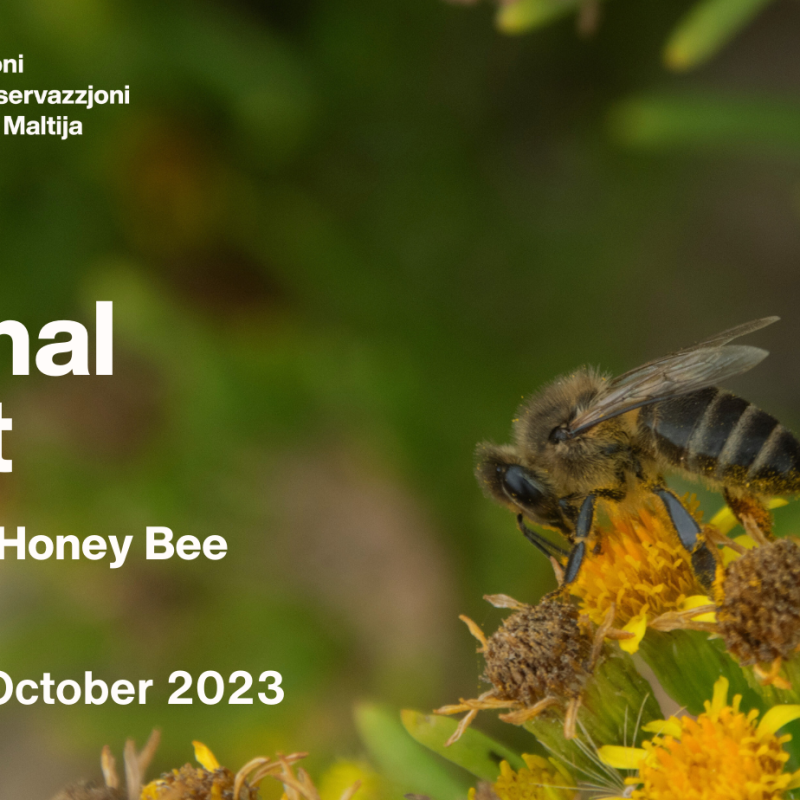
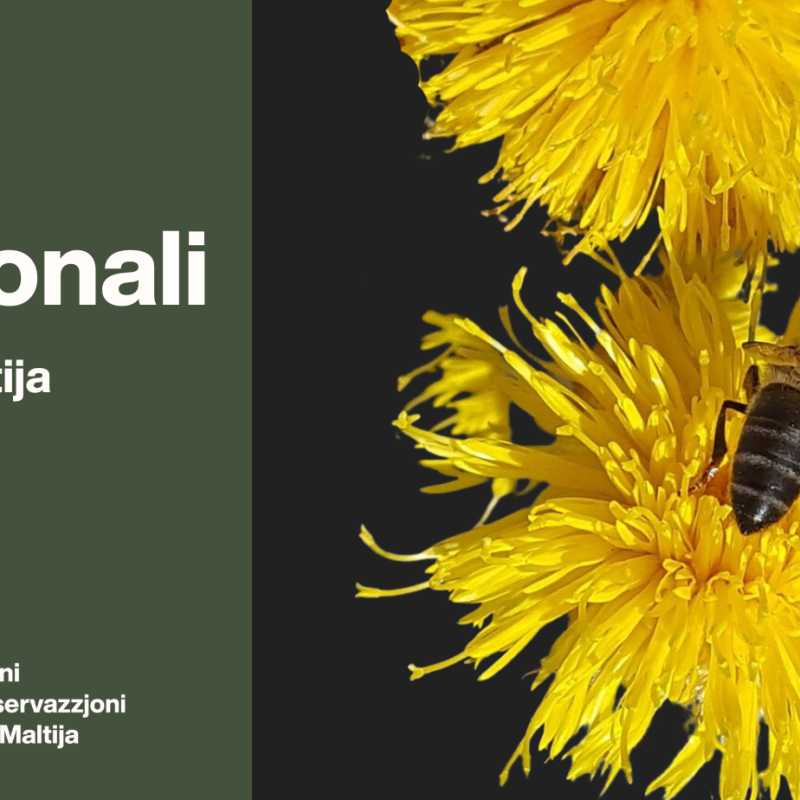
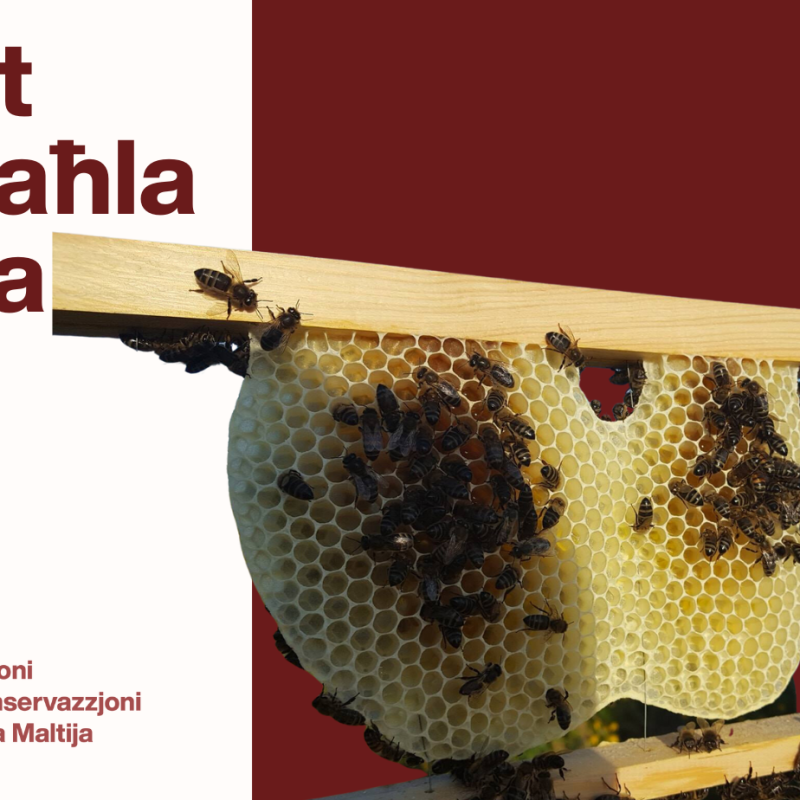
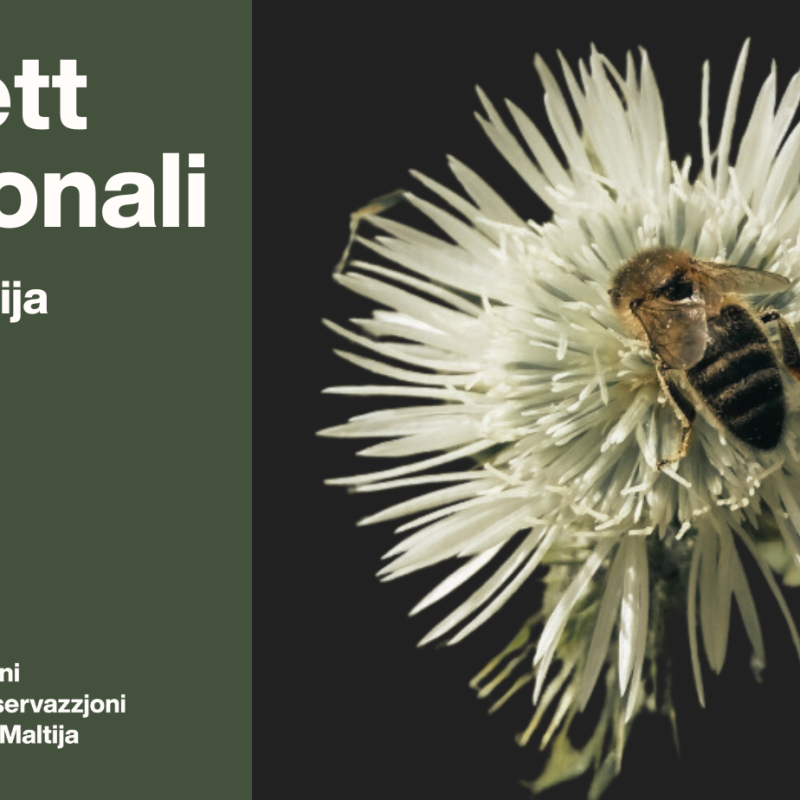
Leave a comment